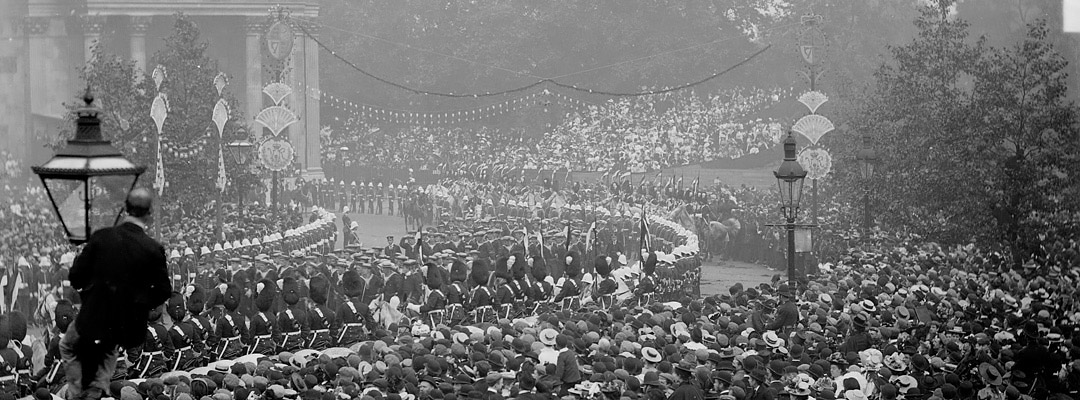[Editor’s note: We give a warm welcome back to longtime Toronto Pursuits leader Nancy Carr. Nancy’s seminar Through the lens of the under-appreciated Victorian novelist Anthony Trollope, participants in Nancy’s seminar will ask a timeless question: How far are we willing to go to obtain power?]
As I ride the CTA train to and from my downtown Chicago office, I think about Anthony Trollope and his travels as a British postal inspector. He served as an inspector for years, writing an astonishing number of novels and stories in the morning hours before heading off to work.
Critics, then and more recently, have often sneered at Trollope’s workmanlike schedule: No true artist would adhere to such a writing schedule, or establish goals for a set number of pages per session. But Trollope’s government day job gave him the practical insights into the worlds of work and politics that set him apart from other Victorian novelists. When Trollope writes about lower-level functionaries manoeuvring for position or prominent figures casting about to avert a fall, he knows precisely what he’s talking about. He excels at anatomizing the mechanics of power – how individuals obtain it, what they will trade off to increase it, and what they will do to keep it.

Though the Victorian details of Barchester Towers and The Way We Live Now feel distant, these books are centrally about the experience of navigating social position and the moral dilemmas that must be faced in doing so. In the twenty-first century, we confront the same basic questions as Trollope’s characters. To get this high-paying job, am I willing to bend the truth? To overcome this opponent, will I spread gossip about him? To avoid the failure of my business, how long will I continue to tell my backers that all is well financially?
In Barchester Towers, Trollope reveals the scheming at work behind the scenes in the Church of England. This novel made his reputation as a writer because it combines unforgettable characters – you haven’t lived until you’ve met Mr. Slope and Mrs. Proudie – with the page-turning qualities of an expose. Once the first chapter asks “Who Will Be The Next Bishop?,” we’re off on a wild ride featuring a deathbed encounter, feminine plotting in the parlour, and what Archdeacon Grantly calls “war, internecine war!” between ecclesiastical factions. Trollope excels at analyzing how the political and personal intertwine, as characters struggle to find love and security in a society where less and less seems certain.
And if that sounds modern, it’s nothing compared to what Trollope’s up to in The Way We Live Now. This 1875 novel draws on the financial scandals of the period, and centres on the greed and deception of Augustus Melmotte, a financier with a mysterious past. Melmotte becomes a wealthy and celebrated figure in society, and is even elected to Parliament – but what is his life really built on? How solid are the financial returns he’s promised his investors? And what will he do when the empire he’s built begins to collapse?
Trollope uses a multitude of secondary characters and subplots to explore the range of possible reactions to Melmotte’s hollowness. Which characters will agree to participate in forgery, and which will refuse? Who will marry for love, and who will pursue money? Is it possible to recover honor after being tainted by scandal?
Each new day of front-page headlines convinces me afresh that we have much to learn from our Victorian forebears. As the first generation to contend with mass industrialization, the stock market, and great personal mobility, they freshly wrestled with the issues we continue to navigate. I look forward to discussing two of Trollope’s greatest works this summer, and to coming away with a better understanding not only of them but also of the way we live in 2018. I hope you’ll join me for Braving It Out: Position and Influence In Trollope.
– Nancy


